The Lady Tasting Tea: How Statistics Revolutionized Science in the Twentieth Century
An insightful, revealing history of the magical mathematics that transformed our world. At a summer tea party in Cambridge, England, a guest states that tea poured into milk tastes different from milk poured into tea. Her notion is shouted down by the scientific minds of the group. But one man, Ronald Fisher, proposes to scientifically
An insightful, revealing history of the magical mathematics that transformed our world.
At a summer tea party in Cambridge, England, a guest states that tea poured into milk tastes different from milk poured into tea. Her notion is shouted down by the scientific minds of the group. But one man, Ronald Fisher, proposes to scientifically test the hypothesis. There is no better person to conduct such an experiment, for Fisher is a pioneer in the field of statistics.
The Lady Tasting Tea spotlights not only Fisher’s theories but also the revolutionary ideas of dozens of men and women which affect our modern everyday lives. Writing with verve and wit, David Salsburg traces breakthroughs ranging from the rise and fall of Karl Pearson’s theories to the methods of quality control that rebuilt postwar Japan’s economy, including a pivotal early study on the capacity of a small beer cask at the Guinness brewing factory. Brimming with intriguing tidbits and colorful characters, The Lady Tasting Tea salutes the spirit of those who dared to look at the world in a new way.
Science is inextricably linked with mathematics. Statistician David Salsburg examines the development of ever-more-powerful statistical methods for determining scientific truth in The Lady Tasting Tea, a series of historical and biographical sketches that illuminate without alienating the mathematically timid. Salsburg, who has worked in academia and industry and has met many of the major players he writes about, shares his subjects’ enthusiasm for problem solving and deep thinking. His sense of excitement drives the prose, but never at the expense of the reader; if anything, the author has taken pains to eliminate esoterica and ephemera from his stories. This might frustrate a few number-head readers, but the abundant notes and references should keep them happy in the library for weeks after reading the book.
Ultimately, the various tales herein are unified in a single theme: the conversion of science from observational natural history into rigorously defined statistical models of data collection and analysis. This process, usually only implicit in studies of scientific methods and history, is especially important now that we seem to be reaching the point of diminishing returns and are looking for new paradigms of scientific investigation. The Lady Tasting Tea will appeal to a broad audience of scientifically literate readers, reminding them of the humanity underlying the work. –Rob Lightner
Product Features
- The Lady Tasting Tea How Statistics Revolutionized Science in the Twentieth Century
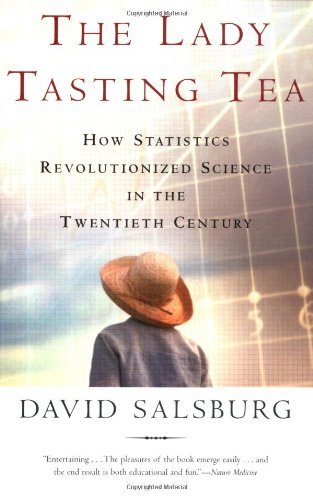
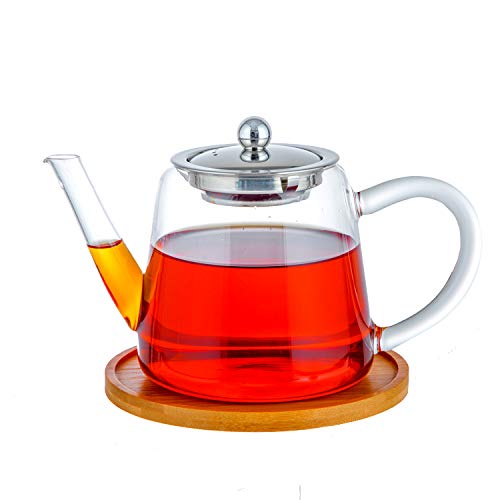
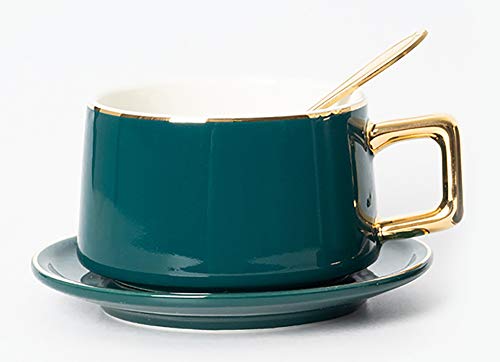


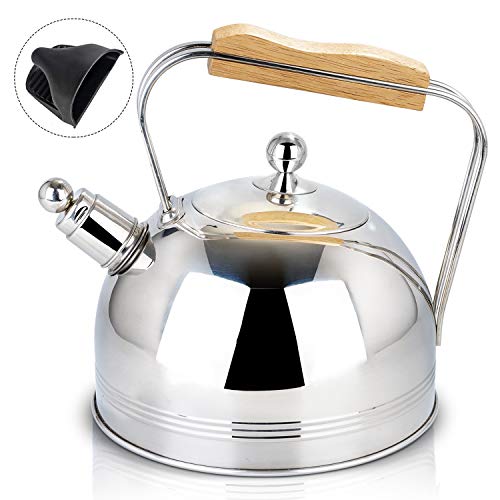
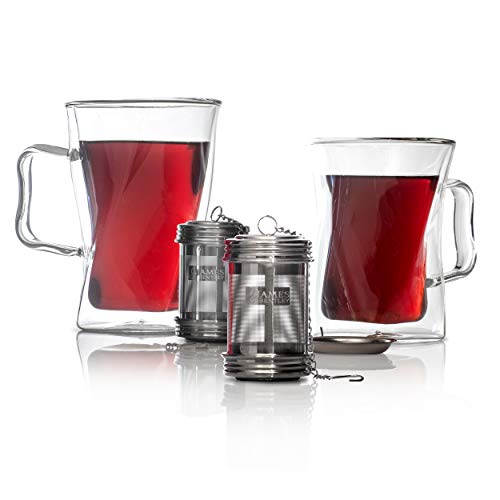
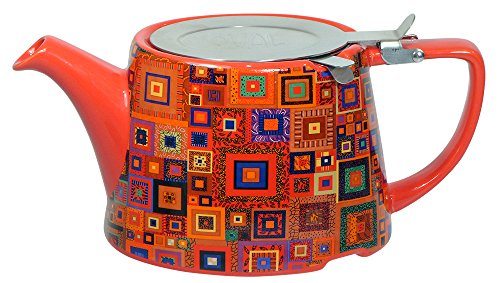
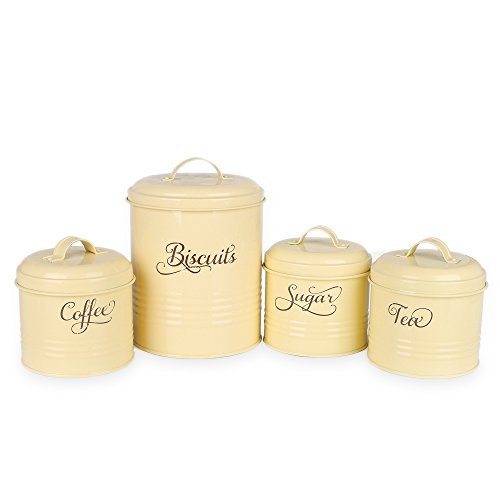

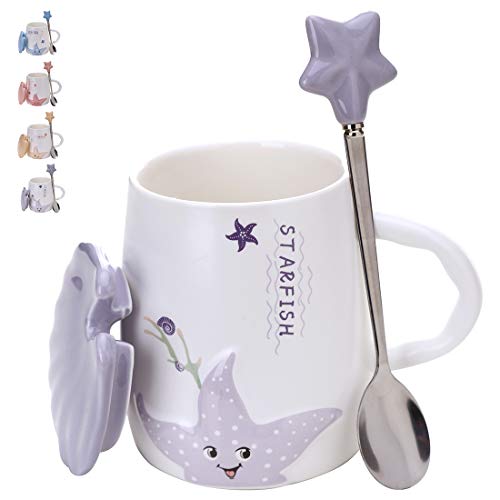
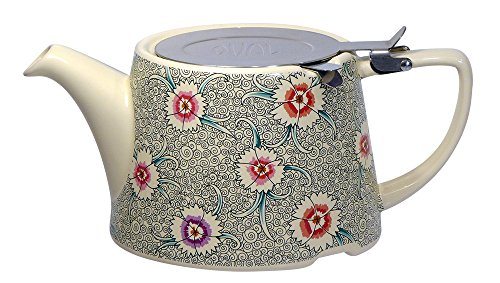

Provides some context for those who know the details I appreciate this book for providing context for the statistical techniques I have learned and have put into practice. I found the author’s perspective on chaos theory insightful, but overall the mix of statistical discussion and biography was not very engaging. Also, the author refers to Leibniz as a nineteenth-century mathematician. Leibniz, co-discovered of the Calculus, lived and worked in the seventeenth and eighteenth centuries. This kind of error makes me wonder what other factual errors…
A good jumping off point When David Salsburg wrote The Lady Tasting Tea: How Statistics Revolutionized Science in the Twentieth Century, he never intended it to be a dense in-depth explanation of the major statistical discoveries over the past hundred years. Instead he wrote a broad history that is accessible to even the least mathematically inclined. Although it is occasionally a slow read because of the sheer amount of information offered, Salsburg maintains an energetic and occasionally humorous approach in his…
Very good book for Statistics geeks This book was clearly a labor of love. I was trained in math stat in the 1970’s, and this book put what I learned as static knowledge into a living historical context with wonderful stories about the people who developed Statistics in the 20th century, and the evolution in statistical thought. I think it would have been hard to follow the technical content, though, had I not been trained in Statistics. So this is probably not a book for the general public interested in an introduction to…